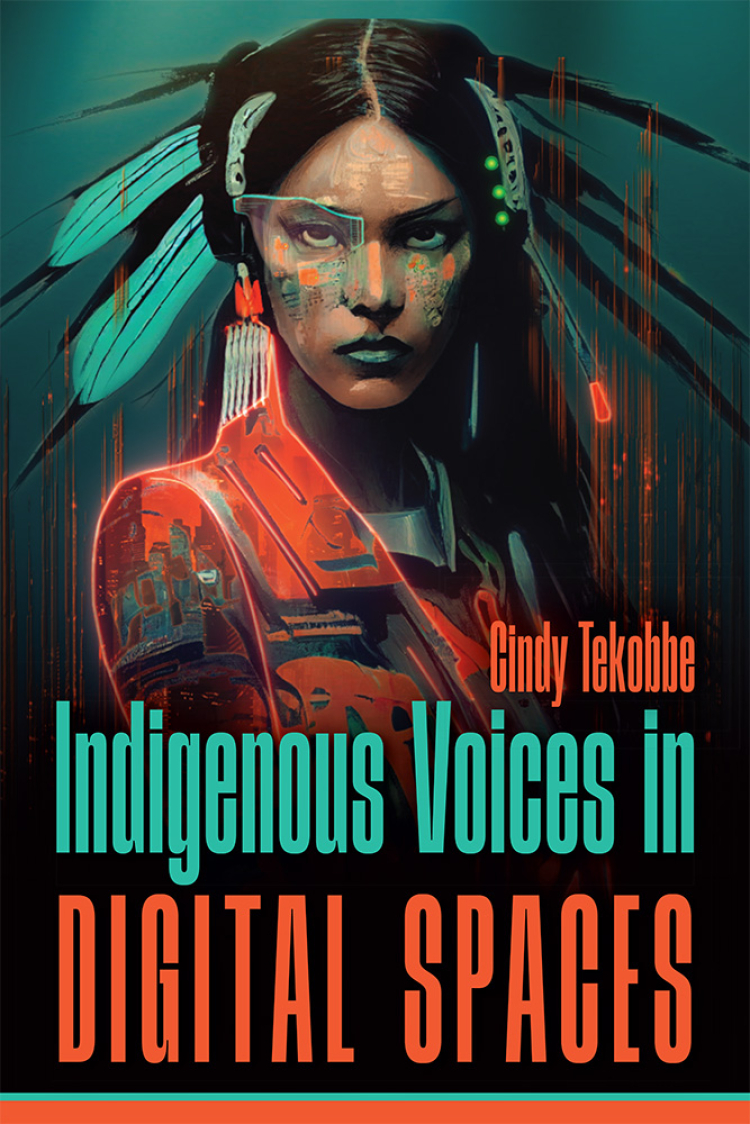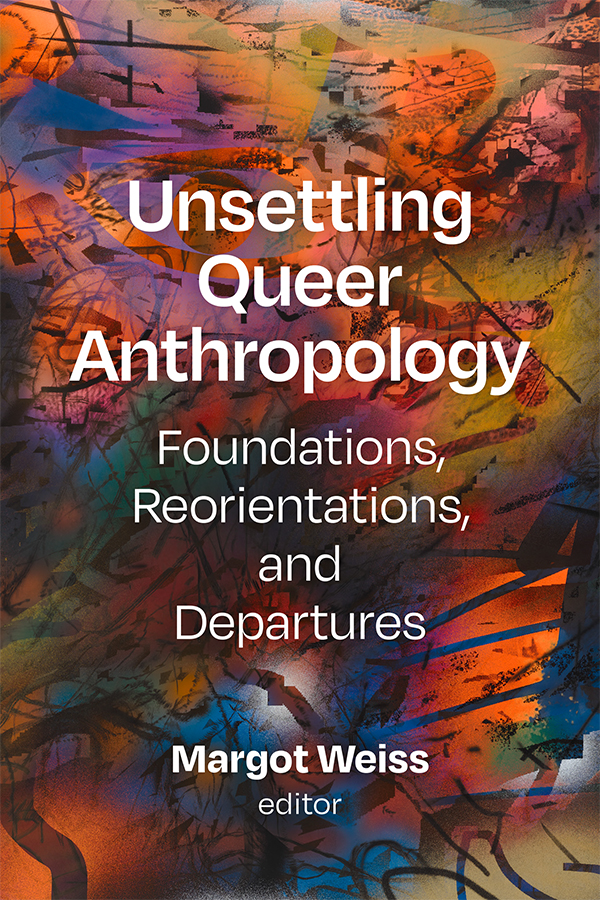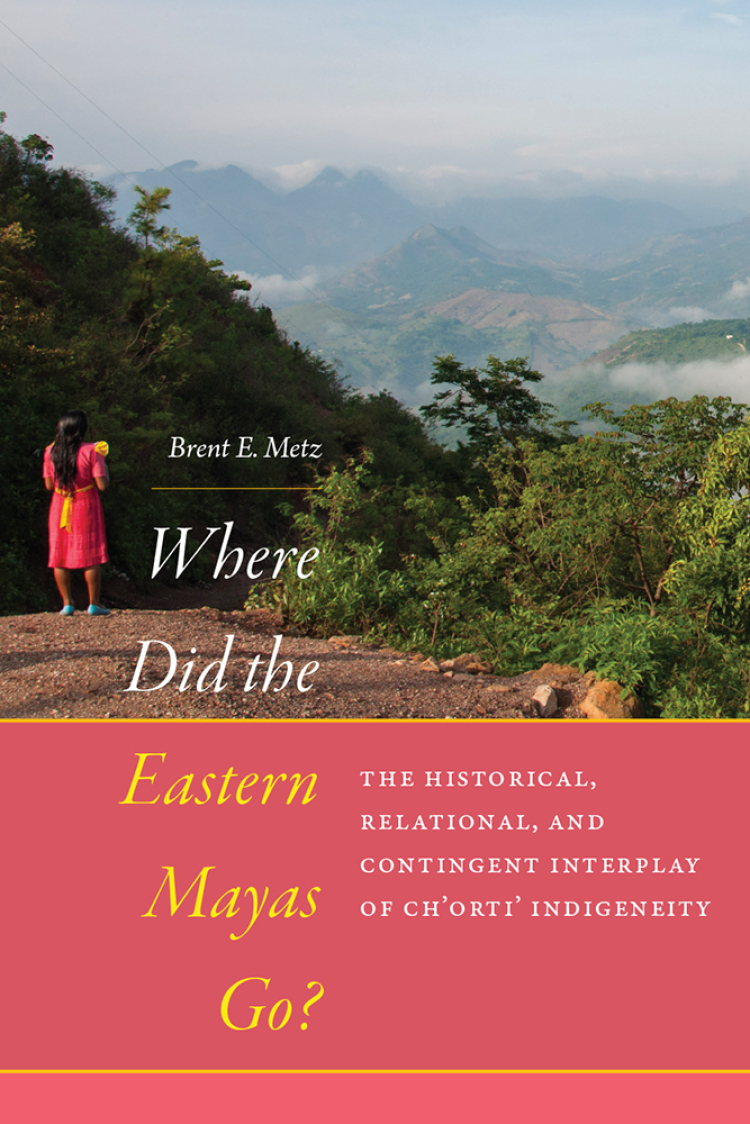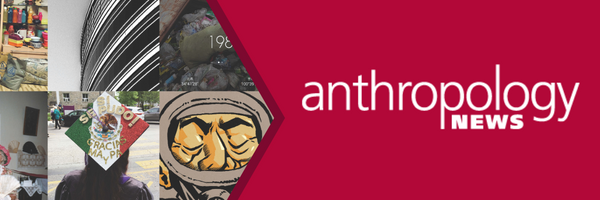About Us
The Anthropology Book Forum publishes a broad range of conversations focused on discussing and evaluating newly published work relevant to anthropological audiences, broadly conceived.
We publish online every Monday.
Check out our full list of books and films available for review
If you don’t see a title or film on our site that you would like to review, please
get in touch.
Monthly Featured Books
We work with over 100 publishers around the world to connect readers and authors.
News and Updates
Award winning journal
The Anthropology Book Forum was awarded the 2022 GAD New Directions Award (Group Category) which calls attention to the myriad ways anthropologists are expanding anthropological perspectives in the twenty-first century.
Addition of the Anthropology Review Database
This summer we will begin merging the Anthropology Book Forum with the Anthropology Review Database, a previous journal that published over 3,000 reviews of books, software and films relevant to anthropological audiences.
We hope to be finished by early 2025.
Other-than-English titles
We are looking for reviewers to review books in languages other than English. If you have a book in mind, or are interested in providing a review in a language other than English, please get in touch!
The Anthropology Book Forum is an Open Access publication.
Open Access, as defined in the Berlin Declaration, means unrestricted, online access to peer-reviewed, scholarly research papers and articles for reading and productive re-use, not impeded by any financial, organizational, legal or technical barriers.
The Anthropology Book Forum ascribes to the principles set forth by the Fair Open Access Alliance




